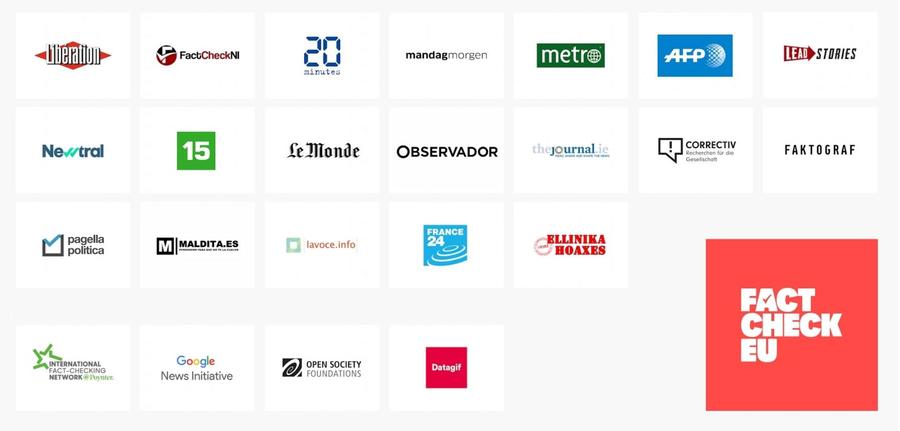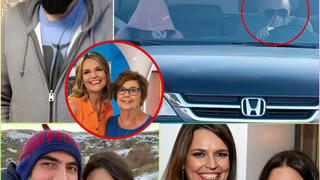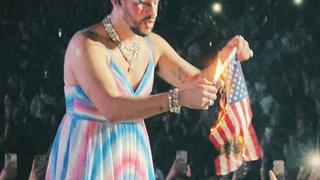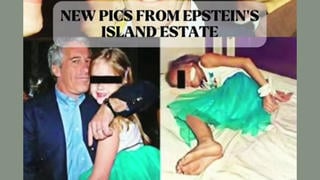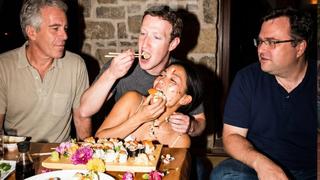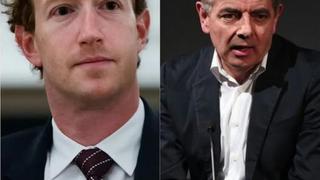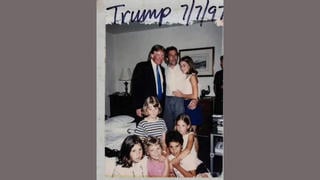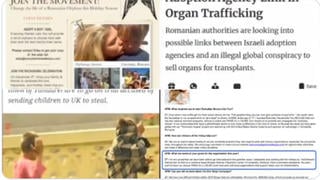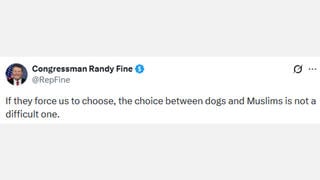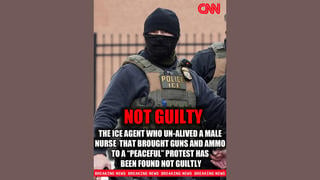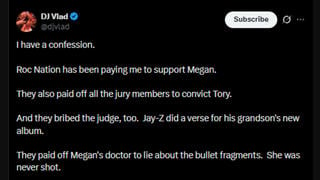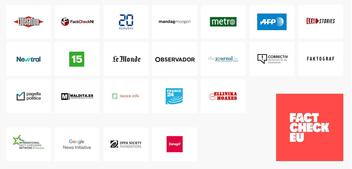
Hoaxes know no borders, especially in Europe. That's why the International Fact-Checking Network (IFCN) is proud to announce the launch of FactCheckEU, a collaborative effort from 19 European fact-checking outlets to tackle disinformation and hoaxes, ahead of the 2019 European parliamentary elections in May. FactCheckEU is available at factcheckeu.info. Our work will be shared in 10 different languages, and everything we publish will be translated into English to reach a wide European public.
FactCheckEU will provide fact-checks on the EU published by our partners, debunks on hoaxes related to the elections and on statements by European political figures. But we also will answer questions asked directly by our readers. Our Q&A section, based on Libération's CheckNews, will help create a direct link with our audience and reinforce trust in the media by replying to their questions directly, regardless of their partisan preferences. FactCheckEU is also committed to looking into the inner workings of disinformation in the European Union. How does a false piece of information spread from a country to another? Who makes the hoaxes?
FactCheckEU has 19 media partners from 13 European countries in 10 languages: 20 Minutes (France), AFP Factuel (France), CheckNews de Libération (France), CORRECTIV.Faktencheck (Germany), Les Décodeurs du Monde (France), Ellinika Hoaxes (Greece), FactCheckNI (Northern Ireland), Faktograf.hr (Croatia), France 24 Observers (France), TheJournal.ie (Ireland), lavoce.info (Italy), Lead Stories (Belgium), Maldita.es (Spain), Newtral (Spain), Observador (Portugal), Pagella Politica (Italy), Patikrinta 15min (Lithuania), TjekDet (Denmark), and Viralgranskaren (Sweden).
They all are signatories of the International Fact-Checking Network's code of principles. Being an IFCN verified signatory requires committing to 12 different criteria on transparency, ethics, methodology, and impartiality.
FactCheckEU is entirely independent of EU institutions and other governmental actors. The platform was built by Libération and Datagif thanks to an innovation grant from the International Fact-Checking Network at Poynter Institute. It has also received the support from the Google News Initiative, IFCN's long term partner, and the Open Society Initiative for Europe.

